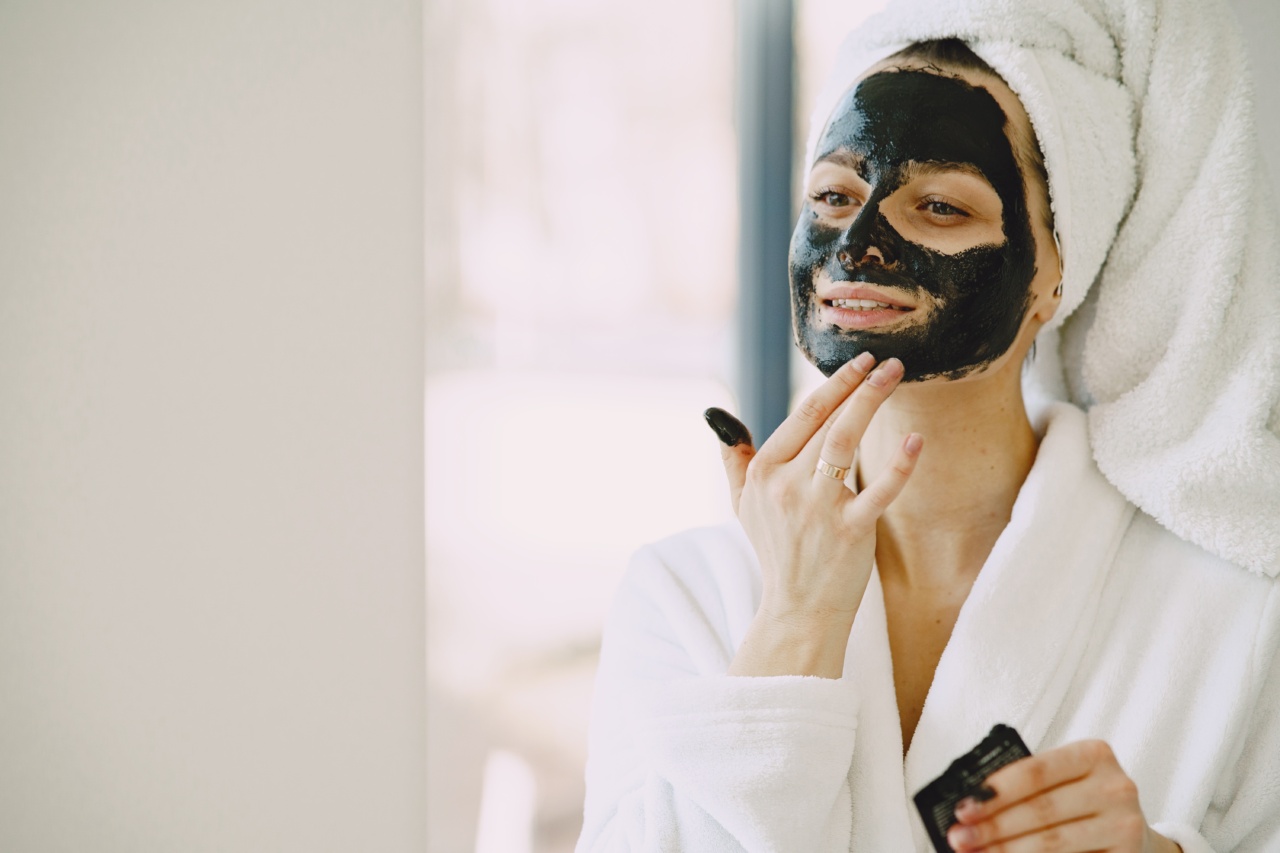As a new parent, you want to do everything possible to keep your baby healthy and happy. One important aspect of your baby’s health is the condition of their skin.
Babies have delicate skin that requires special care to stay hydrated and moisturized. Here are some tips to help you keep your baby’s skin healthy and glowing.
1. Bathe your baby properly
Bathing your baby can help keep their skin clean and moisturized. However, you need to be careful about the type of soap and shampoo you use. Look for mild, fragrance-free products specifically designed for babies.
Also, avoid using hot water and limit bath time to no more than 10 minutes. After a bath, gently pat your baby’s skin dry with a soft towel, leaving some moisture on their skin to prevent dryness.
2. Moisturize regularly
Babies’ skin loses moisture quickly, so it’s important to moisturize their skin regularly. Look for moisturizers that are specifically designed for babies and contain natural, gentle ingredients.
Avoid products that contain harsh fragrances, chemicals, or dyes. Apply the moisturizer immediately after a bath while the skin is still damp, this helps lock in the moisture and prevent dehydration.
3. Dress your baby appropriately
The clothing you dress your baby in can affect their skin’s moisture levels. Too much clothing can lead to overheating and sweating, causing the skin to become dry.
On the other hand, too little clothing can leave the skin exposed and prone to dehydration. Dress your baby in comfortable, loose-fitting clothing that allows their skin to breathe. If the weather is cold, make sure to dress them in layers instead of one heavy outfit.
4. Use a humidifier
A humidifier can help add moisture to the air, especially during the dry winter months. Dry air can cause your baby’s skin to become dry and flaky. By adding moisture to the air, you can prevent dehydration and keep your baby’s skin hydrated.
However, make sure to clean your humidifier regularly to prevent the growth of mold and bacteria.
5. Avoid exposure to extreme temperatures
Extreme temperatures, both hot and cold, can cause your baby’s skin to lose moisture. During the summer, try to keep your baby out of direct sunlight and avoid spending too much time in hot temperatures.
In the winter, make sure your baby is dressed appropriately for the cold weather and protect their skin with a moisturizer. Avoid exposing your baby to too much wind, which can cause their skin to become dry and chapped.
6. Choose the right laundry detergent
The type of laundry detergent you use can have an impact on your baby’s skin. Look for a mild, fragrance-free laundry detergent that is specifically designed for babies.
Avoid using fabric softeners or dryer sheets as they can contain harsh chemicals that can irritate your baby’s skin. Also, make sure to rinse your baby’s clothes thoroughly to remove any residue that may be left behind by the detergent.
7. Massage your baby’s skin
A gentle massage can help stimulate blood flow to your baby’s skin, which can promote hydration and moisturization. Use a natural oil, such as coconut oil or olive oil, and massage your baby’s skin with gentle, circular motions.
Make sure to avoid sensitive areas such as the face, neck, and ears.
8. Feed your baby a healthy diet
The food your baby eats can also impact the health of their skin. A diet rich in healthy fats, such as those found in avocado, salmon, and nuts, can help keep your baby’s skin hydrated.
Make sure your baby is getting enough vitamins and minerals from their diet, which can promote healthy skin and overall development.
9. Be mindful of your baby’s skin sensitivities
Every baby is different, and some babies may have more sensitive skin than others. Pay attention to how your baby’s skin reacts to certain products or materials.
If you notice any signs of irritation or redness, stop using the product or material and consult your pediatrician.
10. Consult your pediatrician
If you have any concerns about your baby’s skin health, don’t hesitate to consult your pediatrician. They can advise you on the best ways to care for your baby’s skin and recommend any products or treatments that may be necessary.































